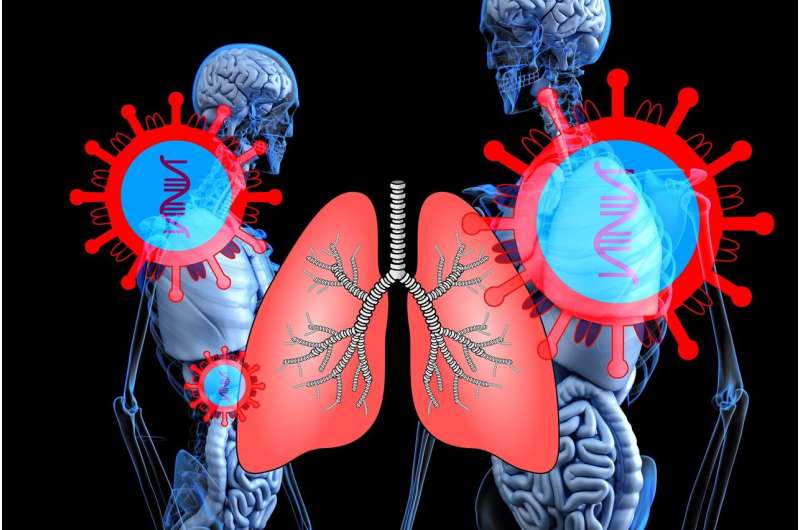Ending the Aggressive Online Marketing of Baby Formula: A Matters of Public Health

Digital marketing campaigns for baby formula dangerously undermine breastfeeding efforts worldwide. Learn how regulations and support initiatives can protect child health and promote natural nutrition.
Breastfeeding remains one of the most effective strategies for ensuring child survival, immune development, and overall health. Despite this, digital marketing campaigns for baby formula and breast milk substitutes (BMS) are increasingly sophisticated, often misleading, and widely pervasive. These campaigns often disguise promotional content as medical advice or peer support, exposing more than half of new parents to such marketing, with some countries experiencing figures exceeding 90%. Such campaigns emphasize formula's benefits while obscuring critical facts: breast milk provides essential immune protection that formula cannot replicate, and formula feeding, especially without access to clean water, can lead to infections and illnesses.
These aggressive marketing tactics target parents during their most vulnerable moments—when they seek guidance and support. Instead of receiving evidence-based information, many are exposed to biased promotions that undermine public health efforts and the progress made over the past decade in promoting breastfeeding. The World Health Organization’s (WHO) International Code of Marketing of Breast-milk Substitutes, established in 1981, was created to prevent such exploitation, but it is often violated through digital channels.
A 2022 WHO and UNICEF report revealed that formula companies allocate up to 70% of their marketing budgets to digital platforms—such as apps, virtual mother support groups, paid influencers, and online forums—harvesting personal data and pushing targeted advertisements in breach of the Code. Recognizing this, WHO member states recently adopted a resolution to regulate digital marketing of breast milk substitutes, aiming to protect parental access to accurate, transparent information.
Research demonstrates that breastfeeding significantly reduces child mortality and lowers the risk of breast cancer. Scaling up breastfeeding could prevent approximately 823,000 child deaths and 20,000 breast cancer deaths annually, with benefits extending to cognitive development and long-term health. Progress has been made, with exclusive breastfeeding rates rising from 37% in 2012 to nearly 48% in 2021, especially in low- and middle-income countries.
However, the continued spread of misleading formula marketing threatens these gains. Effective enforcement of existing regulations, such as Vietnam’s AI-powered Virtual Violations Detector, can help identify and curb violations. Additionally, aligning policies across healthcare and civil society, providing positive support campaigns, and integrating breastfeeding promotion into maternal care practices are essential to creating an environment conducive to breastfeeding.
Programs like El Salvador’s "Nacer con Cariño" have shown success by embedding breastfeeding support into prenatal and delivery care, achieving breastfeeding rates above global targets. Empowered, informed parents are better equipped to make decisions that benefit their children’s health. Moving forward, concerted actions globally—building on resolutions and commitments made at international summits—are vital to ending misleading marketing practices and nurturing a culture that supports breastfeeding and children’s well-being.
Stay Updated with Mia's Feed
Get the latest health & wellness insights delivered straight to your inbox.
Related Articles
Innovative Immunotherapy Approach Shows Long-Term Benefits in Advanced NSCLC Patients
A groundbreaking viral immunotherapy, CAN-2409, shows significant promise in extending survival for advanced NSCLC patients resistant to standard treatments, highlighting potential for future cancer immunotherapy strategies.
Pre-Surgical Combination Therapy Enhances Survival in Rare Thyroid Cancer Patients
Combining pembrolizumab with targeted therapies significantly improves survival and surgical resection rates in patients with aggressive BRAF-mutated anaplastic thyroid cancer.
Ancient Practice of Conch Shell Blowing Shows Promise for Treating Sleep Apnea
A six-month study shows that traditional conch shell blowing practice may reduce symptoms of obstructive sleep apnea by strengthening airway muscles, offering a low-cost alternative treatment option.
Impact of Tropical Cyclones: 850,000 Child Deaths in the Last Two Decades
A new study estimates that tropical cyclones have caused approximately 850,000 deaths among children under five globally from 2000 to 2020, highlighting the critical need for enhanced disaster preparedness in vulnerable regions.



